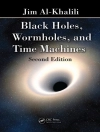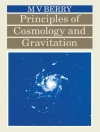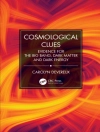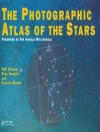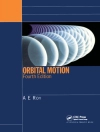Percival Lowell’s ‘Mars. III. Canals’ is a groundbreaking work in the field of astronomy, presenting his observations and theories about the mysterious canals on Mars. Lowell’s writing style is both scientific and poetic, capturing the reader’s imagination while providing detailed analysis of the features he observed through his telescope. Within the context of late 19th and early 20th-century astronomy, Lowell’s work on Mars was highly influential, shaping the understanding of the red planet for years to come. By delving into the possibility of intelligent life creating the canals, Lowell sparks a sense of wonder and curiosity in his readers. His meticulous research and vivid descriptions make ‘Mars. III. Canals’ a captivating read for both scientists and enthusiasts of astronomy. It is a timeless contribution to the study of our neighboring planet.
A propos de l’auteur
Percival Lowell (1855-1916) was an esteemed American astronomer, mathematician, and author, renowned for his fervent advocacy of the existence of canals on Mars, a theory which captivated the scientific community and the public imagination alike during the late 19th and early 20th centuries. Born into a distinguished Boston family, Lowell graduated from Harvard with a distinction in mathematics. Initially pursuing a career in business, he was deeply influenced by his travels in the Far East, documented in his work ‘The Soul of the Far East’ (1888). However, it was his astronomical research, particularly on Mars, which solidified his legacy. In 1894, he established the Lowell Observatory in Arizona, which became a hub for his observational campaigns. His book ‘Mars’ (1895), followed by ‘Mars and its Canals’ (1906), and ‘Mars as the Abode of Life’ (1908) presented his extensive studies on Martian topography and his theories of an advanced Martian civilization. The pinnacle of his writing on this subject was encapsulated in ‘Mars. III. Canals’ (1906), wherein Lowell offered detailed descriptions and interpretations of the Martian surface features he termed ‘canals, ‘ which he posited were the work of intelligent beings. Despite later scientific rebuttals rendering his canal theories obsolete, Lowell’s contributions were significant in advancing the field of planetary science and inspiring public interest in extraterrestrial life. His descriptive, evocative literary style served to make his work accessible and compelling, bridging the gap between scientific discourse and popular science literature.



